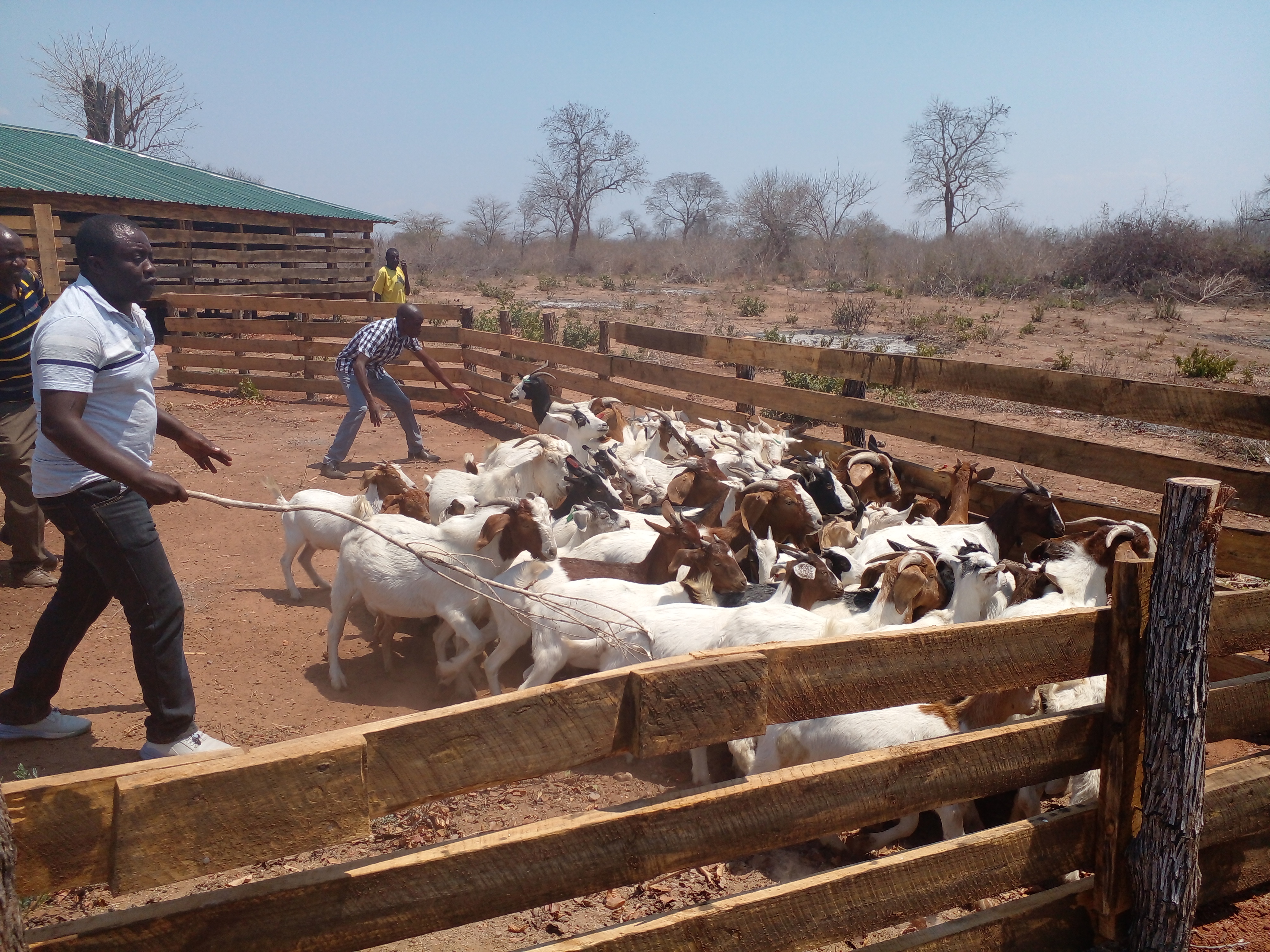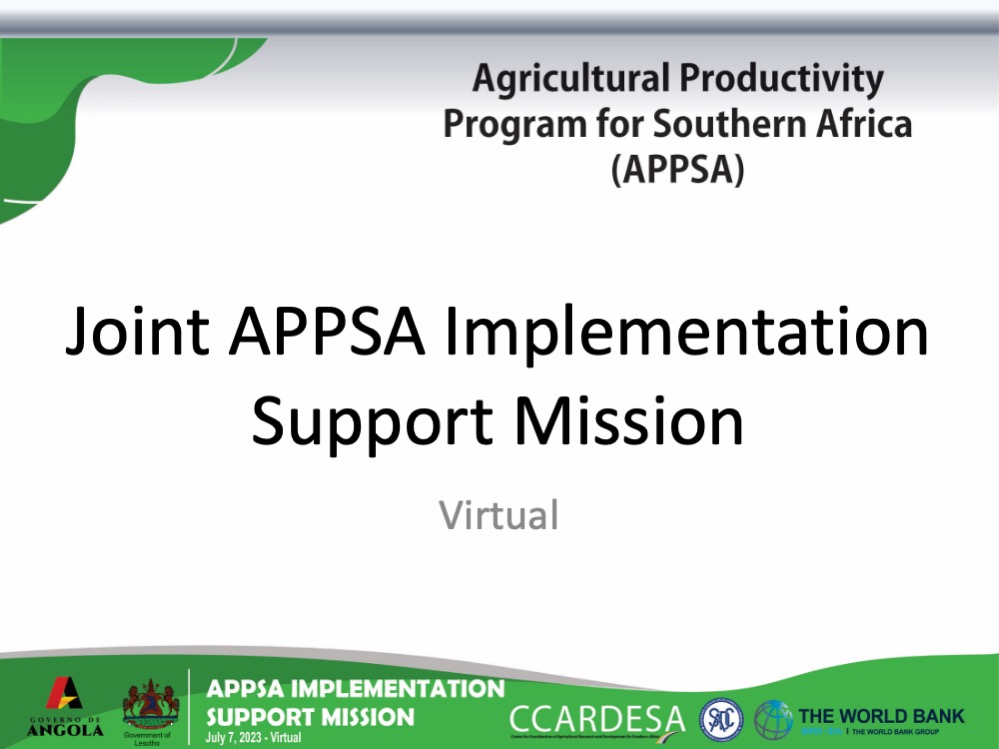Description/Abstract
This manual aims to provide clear, actionable information on the most important pests and diseases that affect the major food crops grown by smallholder farmers in Africa.
For each pest or disease, information is provided on how to recognise the problem, what to do to prevent it occurring and how to control it when it occurs. The management options for each pest or disease are divided into ‘cultural approaches’, such as use of resistant varieties, clean seed, crop rotations and good hygiene in the eld, and ‘chemical approaches’, which involve the use of appropriate pesticides. In addition information is provided on the organism that causes the problem and its impact. Finally, a short list of publications and websites is given where additional information can be obtained.
A team of plant health experts has compiled this information; in doing so they have drawn upon the latest research and information available in 2015.
This manual is targeted at extension workers and anyone else who needs access to clear, actionable information on the most important pests and diseases affecting the major food crops grown by smallholders.
Citation
Africa Soil Health Consortium (ASHC), 2015. Crop pests and diseases.A manual on the most important pests and diseases of the major food crops grown by smallholder farmers in Africa.








